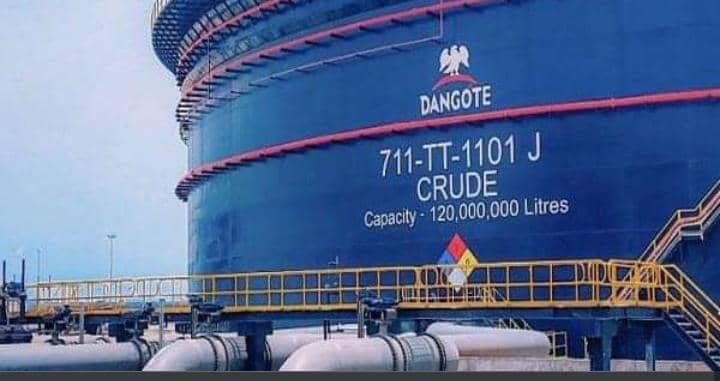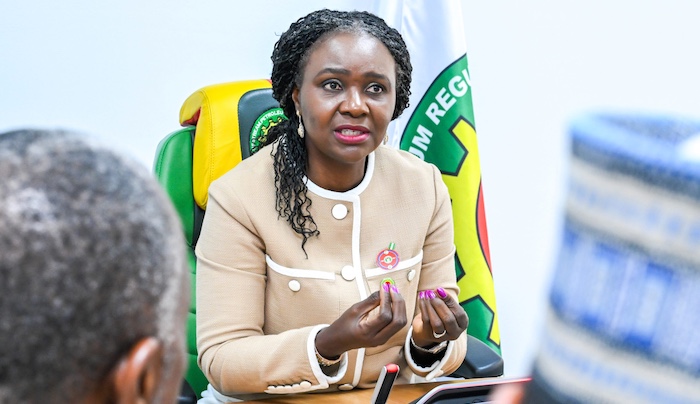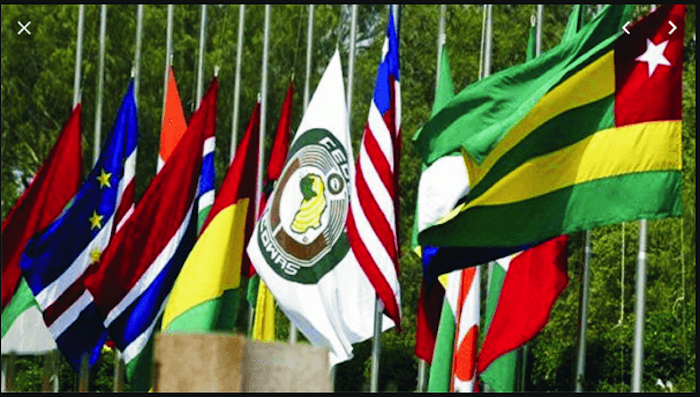
A groundswell of public support has emerged across Nigeria’s social media platforms as citizens increasingly throw their weight behind the Dangote Petroleum Refinery, in the wake of strike threats issued by the Nigeria Union of Petroleum and Natural Gas Workers (NUPENG).
At the heart of the dispute is Dangote’s decision to deploy 4,000 Compressed Natural Gas (CNG)-powered trucks to directly distribute fuel across the country, a move hailed by many as a bold step toward cleaner energy, logistics efficiency, and national self-reliance.
NUPENG’s threat to suspend operations in protest of what it terms “anti-union practices” has ignited a digital firestorm, with many Nigerians accusing the union of clinging to outdated monopolistic power at the expense of national progress.
On platform X (formerly Twitter), Instagram, Facebook, and LinkedIn, thousands of users voiced their frustration, calling NUPENG’s resistance a threat to innovation and economic stability.
“@officialNUPENG9 has been making the lives of Nigerians unbearable for years,” wrote @olat187. “Nigerians stand with @DangoteGroup.”
Prof. Olushola Bamidele likened the scenario to a trader being penalized for improving their distribution system:
“If I decide to buy a pick-up van to deliver ogbono seeds directly to the city, should the middleman fight me? It’s business evolution.”
While NUPENG maintains that the Dangote Group is resisting workers’ right to unionise, many Nigerians view the union’s actions as protecting vested interests, not workers’ welfare.
“This is not about worker rights. This is about who controls the distribution monopoly,” posted @Joguns. “Dangote is a private business. Just like private universities don’t join ASUU strikes, he has a right to run his refinery.”
Tech-focused voices joined the conversation as well. @NaijaLogistics noted:
“Dangote’s game is innovation. Union should not hold the country to ransom. Let’s embrace progress, not protest.”
Some commentators suggested deeper geopolitical implications, alleging that foreign interests may be influencing local unions to weaken the refinery’s impact on global fuel import markets.
“A serious country would investigate NUPENG for possible economic treason,” said Facebook user Ebere Anosike. “They may be unknowingly aiding foreign oil interests.”
As Nigeria battles inflation, energy insecurity, and overdependence on imports, many view Dangote’s refinery Africa’s largest as a symbol of economic independence.
On LinkedIn, one user wrote:
“Disruptive? Yes. But anything revolutionary faces resistance. What Dangote is doing will be studied in business schools around the world.”
On Instagram, @Adesuyi put it more bluntly:
“For years NUPENG don show Nigerians sege. Now that there’s competition they can’t withstand it. Nigerians will stand with Dangote.”



